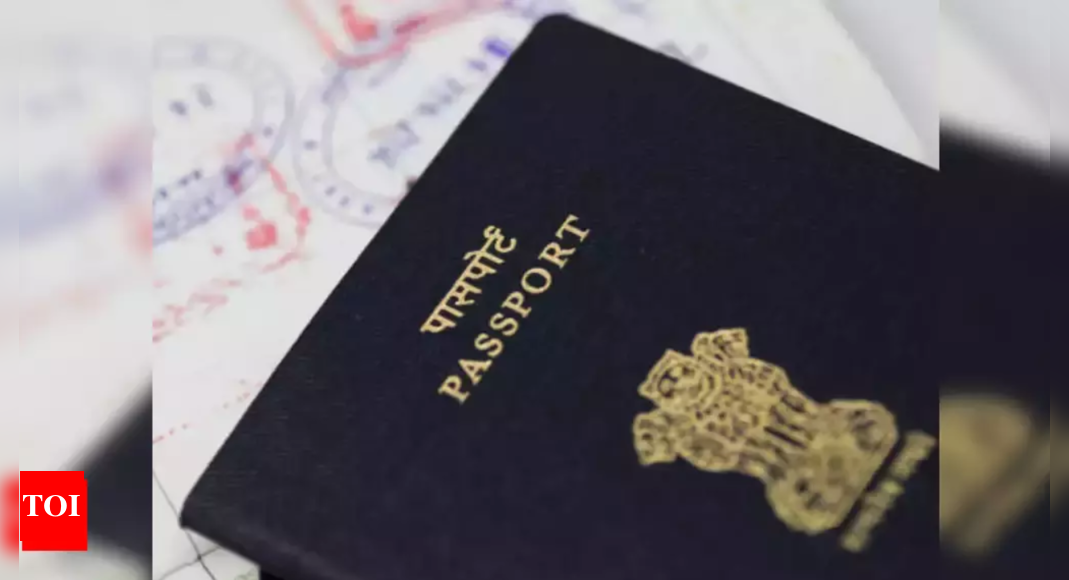NEW DELHI: A few months after he was arrested in 2013, Indian Mujahideen chief Yasin Bhatkal had made a startling disclosure — two Indians were handling al Qaida’s operations from Afghanistan and India, respectively. In the following months, the central intelligence agencies scrambled to dig deeper into Bhatkal’s claim — across Turkey, Iran, Afghanistan and Pakistan.In 2014, a “tourist” who apparently lost his passport in Turkey sought the Indian embassy’s help in Istanbul to come to India. A year later in 2015, the Indian intelligence managed to bust the first module of al Qaida in the Indian Subcontinent (AQIS). The “tourist”, Mohammad Asif, was formally arrested along with several others in a six-month operation across the country.On Friday, the operation seemingly reached its logical conclusion as Asif and three others arrested with him, Abdul Sami, Zafar Masood and Abdul Rehman, were convicted by a Delhi court under Unlawful Activities Prevention Act. Two men, Zeeshan Ali and Sabeel Ahmad, deported from Saudi Arabia in 2017 and 2020, respectively, were acquitted for lack of evidence. Intelligence sources recalled how Asif’s capture and interrogation had led to the opening of a can of worms. He confirmed the identity of the elusive head of AQIS, Maulana Asim Umar, who was handed the position by none other than Qaida-central chief Ayman al Zawahiri. Umar turned out to be Sanaul Haq from Uttar Pradesh’s Sambhal, who was operating from the Afghanistan-Pakistan region. “He was one of the two Indians from UP Bhatkal was talking about; the other was Asif, who was handling operations, including recruitment and indoctrination from India. Both were from Sambhal,” said a source. In 2019, Umar was reportedly killed during a US raid in Afghanistan. Asif also told agencies how Indian Mujahideen’s founder, Riyaz Bhatkal, had visited Afghanistan to meet Umar and seek support from Qaida to expand operations in India. “This was how Yasin came to know about them,” the source added. Asif then led to the arrest of other members of his module — financier Masood from Delhi, Rehman from Odisha, and Sami from Mewat in Haryana. They were subsequently handed to Delhi Police. Rehman had visited Pakistan and met 26/11 plotters Zaki-ur-Rehman Lakhvi and others. Asif told agencies that he and two others left Delhi in June 2013 to go to Tehran after getting a three-month Iranian visa on the pretext of pilgrimage to pay ‘ziyarat’ at the tomb of Ayotollah Khomeni. They were eventually taken to the Ritik border. Asif also detailed how a mosque whose entry gate fell in Iran while the exit was in Pakistan’s territory was being used to smuggle jihadis. This was a little known route. From a bus stop at the Pakistan border, Asif travelled through Quetta, Pishin and reached Ghazni in Afghanistan. They then landed in south Wajiristan before being smuggled to Miranshah in north Waziristan.After spending around eight months in a terror camp, Asif was asked to go back to India. However, Indian intelligence sleuths tracked him down in Iran and he remained in detention for about a month before being sent to Turkey. Devoid of any travel document, Asif sought help from the embassy and walked into the trap set by the intelligence.
Source: https://timesofindia.indiatimes.com/city/delhi/how-a-tourist-who-lost-passport-in-turkey-led-agencies-to-first-qaida-module-in-india/articleshow/97808885.cms


